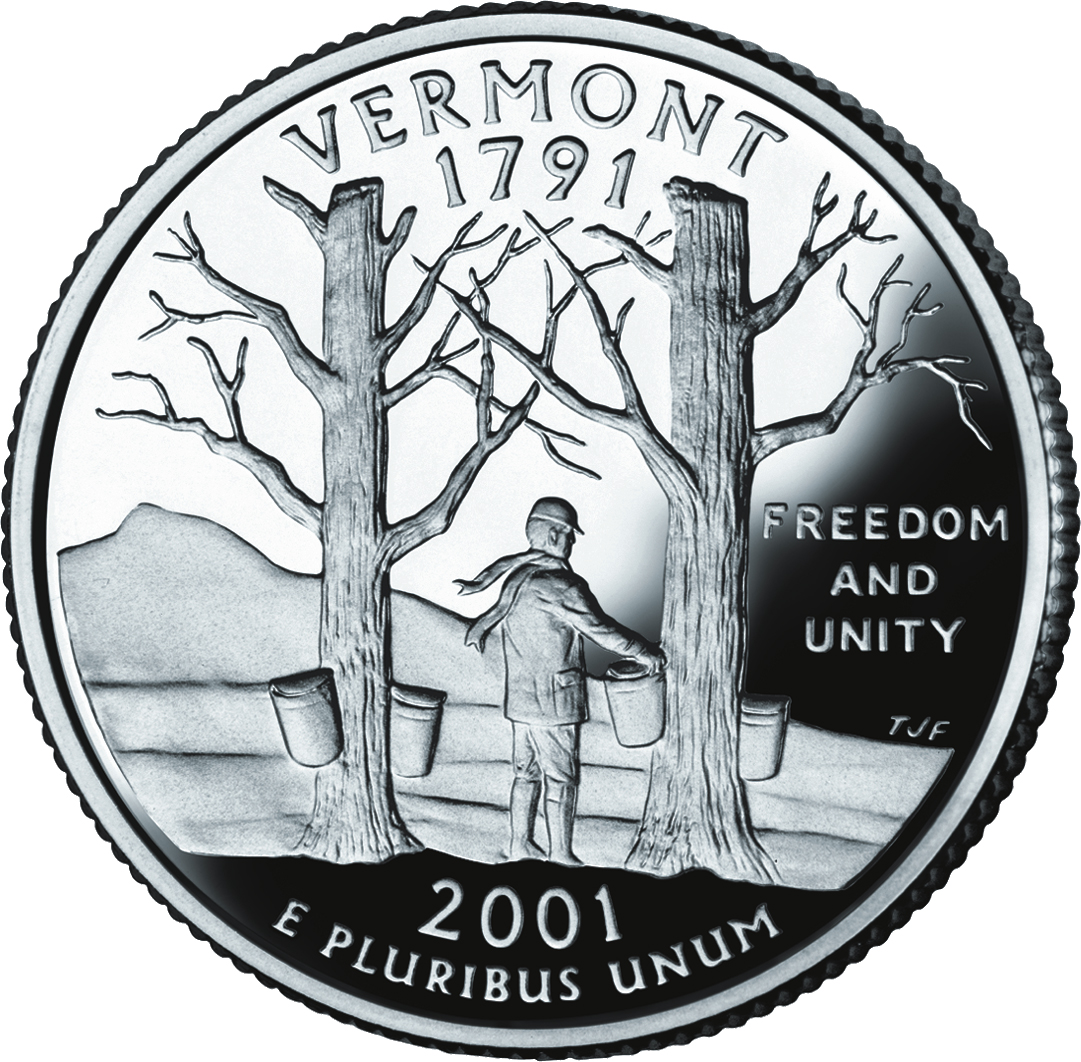Nick Cook
11/08/2019

- Icon
- Denotational – a woman stands outside a snow-covered parking lot with a shovel after a heavy winter snowstorm with a shovel to excavate cars blanketed by the storm.
- Connotational – The toughness of people living in the Northeast She’s positioned to the side and looking across the image as if she’s staring out into the horizon waiting to face the next problem. She stands (almost) alone in this picture in lighter winter clothes like a lone hero ready to confront any challenge.
“Will I always be a flatlander? It seems unfair. I have raked the snow off my roof. I have fallen on ice — so hard that it felt as if someone had lassoed my feet and pulled them out from under me. […]I have snaked winter mouse nests from my car’s vents, and I have even gone eyeball-to-eyeball with a mouse that popped into view from under my hood while I was driving and stared at me through the windshield. And, having slid backward into a snowbank while trying to ascend an icy slope, I have executed the “Vermont spin,” forcefully backing the car into seemingly deeper trouble to bring its front around, facing downhill so that I could drive off happy as I please. Still, I will always be from away.” – From “I Am a 16th-Generation Vermonter”
- The people of Vermont try to claim unique hardiness but anyone can brave cold temperatures and snowstorms. There isn’t a unique spirit that guides people here through the winter when it’s a matter of plain perseverance. The image combined with the quote leaves the impression of how challenging winters in Vermont, but the quote also stands in contrast to the image

- Symbol
- Denotational – Vermont state coin depicting a man sapping a maple tree in winter. Made on Vermont’s 210th anniversary of being part of the United States. The peak of the mountain Camel’s Hump can be seen in the background. The Vermont State Motto “Freedom and Unity” is to the side while “E Pluribus Unum” (Out of Many One) the United States motto.
- Denotational – Another depiction of Yankee hardiness. The wind blowing the man’s scarf and the barrenness of the trees signify the harshness of winter. The combination of the centuries difference between 1791 and 2001, the imagery of the mountain, and representation of the traditional practice of maple tree sapping combine to give the impression that Vermont has always been here that there is an immovable continuity of tradition to Vermont life. Of all the people to place on a state coin, Vermont chooses a rural, white, male. Just a note.
“Sometimes my identity grew shaky, and I would become him for a moment. I acknowledge that if his father had worked that land, and his father’s father, and so on into the past, with every mundane chore I performed it would feel as if I were part of a chain gang of ancestral ghosts.
The local virtue of staying put also has to do with the Vermont way of life. Continuity of generations creates continuity of values, both good and bad, and the good values of Vermont are substantial: community, generosity and humility. The motorist who stops and pulls you out of a snowbank and leaves before you can thank him is probably a native. And even if he’s not, even if he’s a transplant from Massachusetts, the fact that he has lived here means that he had no choice but to stop and help you, thanks to the cumulative pressure to do good exerted by neighboring families who haven’t budged for centuries.”
- The quote gives depth to the image. “Every mundane chore I performed it would feel as if I were part of a chain gang of ancestral ghosts” placing context on the idea of traditional lifestyle. Sometimes performing mundanity gives weight and carries on the tradition and other times we’re just getting sap for the winter. The writer acknowledges in a well put way that there can be a benefit to the length of tradition that stretches back in Vermont. That it bonds together a sense of community. But also the burden of living in the same place for centuries can be an undeniable weight. The image and the quote both support the centuries-long tradition, but the quote doesn’t imply this is a universally good thing. Instead, it’s nuanced and comes with both goods and bads.
Recent Comments